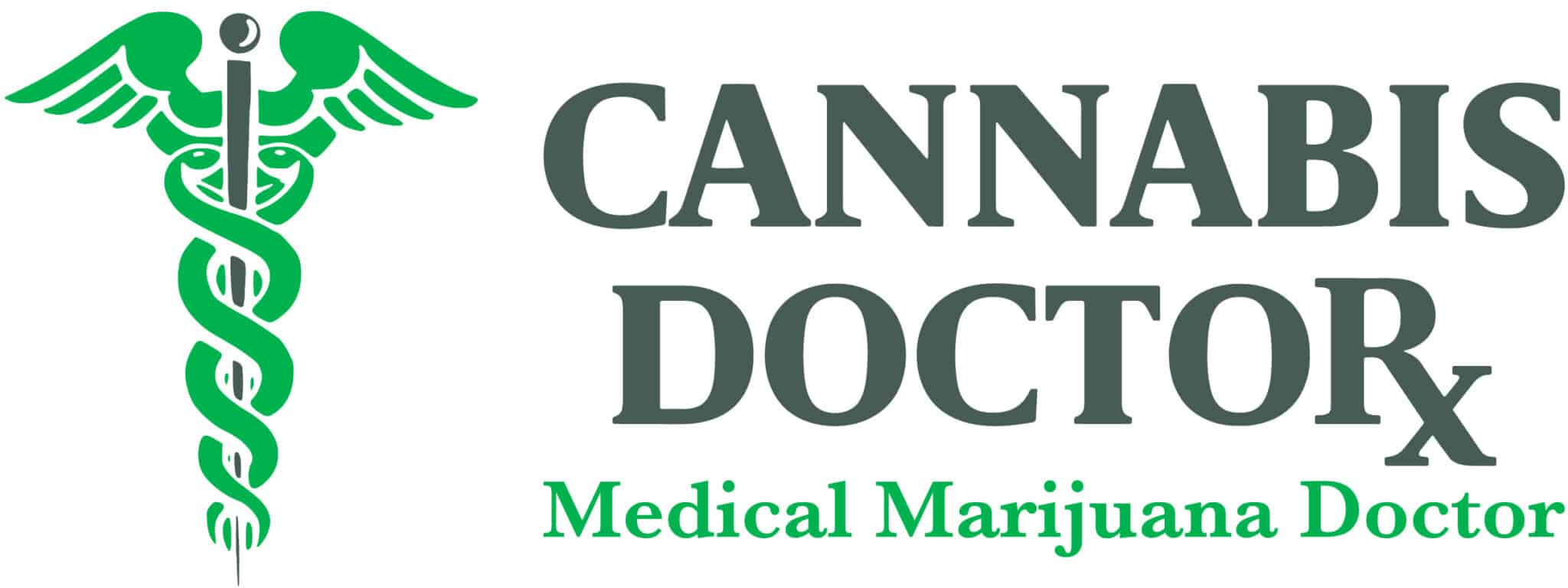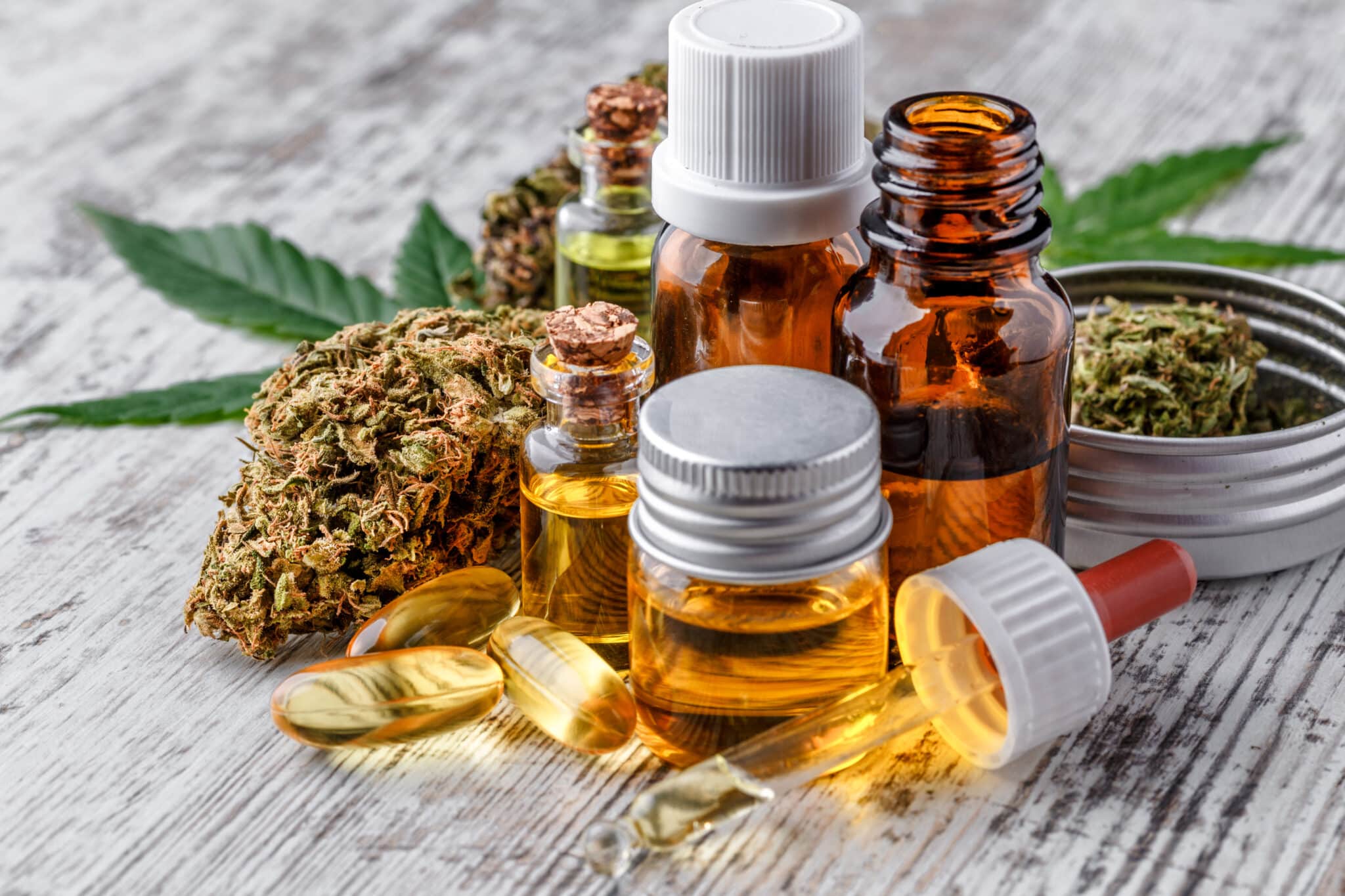In Florida, legal, medical marijuana items are used as high-quality medications that require a doctor’s prescription for patient use. Medical cannabis, extracted from cannabis plants, can alleviate symptoms of several medical conditions and side effects of certain treatments.
The potential therapeutic properties of marijuana and its components have been a point of research and contentious discussion for many years. Certain formulations of THC (Tetrahydrocannabinol), a key component of marijuana, have been scientifically validated to possess medicinal benefits.
What is Alternative Medicine?
Alternative therapies are medical treatments that diverge from the standard methods of medicine. These therapies can either supplement conventional medicine or substitute it entirely. They are often synonymously referred to as “complementary medicine.” In the healthcare realm, this practice is known as Complementary and Alternative Medicine (CAM).
The National Institutes of Health (NIH) distinguishes between complementary and alternative medicine. As per their definition, when these therapies are used in conjunction with traditional medicine, they are deemed complementary. However, if these therapies replace conventional medicine, they are labeled as alternatives. Nonetheless, the majority of individuals tend to use these therapies concurrently with traditional medicine.
When a certified healthcare provider incorporates both alternative therapies and conventional medicine, it’s termed integrative medicine. Practitioners of integrative medicine employ a comprehensive range of therapeutic methods to ensure their patients’ well-being.
Medical Marijuana as an Alternative Medicine
For thousands of years, cannabis has been utilized as a healing herb in various cultures globally. In the context of historical references, there was a time when cannabis was as mainstream as Penicillin is today.
However, in more recent times, Western medical practices have overshadowed herbal remedies like cannabis, categorizing them as alternative treatments alongside practices such as acupuncture and homeopathy.
Fortunately, in Florida and several other states, if you have a qualifying condition you can acquire a medical marijuana card. Though marijuana has been surrounded by social stigmas, many patients are finding relief in a variety of marijuana products.
Medical Marijuana Stigmas
While medical marijuana is now legal in numerous American states, it continues to be seen as a contentious substance. A significant number of patients hesitate to disclose their use of medical marijuana even for medicinal purposes due to the societal stigma and perceptions associated with marijuana use.
This stereotype about marijuana users obscures the reality that individuals from diverse backgrounds, suffering from severe medical conditions, are turning to cannabis for its health benefits. These misunderstandings and misinterpretations, often stemming from inadequate education and misinformation, prevent many from considering this potentially safer and more effective treatment.
However, recent studies, medical endorsements, and patient experiences are beginning to dismantle these stigmas and reshape the narrative. With a growing body of evidence supporting the remarkable therapeutic effects of marijuana, acceptance is spreading across various groups. Presently, an increasing number of individuals in Florida are opting for marijuana as an alternative therapy for their medical ailments.
Can Medical Marijuana Be Used as a Substitute for Prescription Drugs?
There is growing evidence suggesting that cannabis and medicines derived from it could be a safer and more effective alternative to conventional treatments for certain conditions. In the US and other regions, patients using medicinal cannabis are increasingly supplementing their standard pharmaceuticals with cannabis, showing initial promising outcomes.
Cannabis-based medicines are already starting to substitute a broad range of traditional drugs in managing prevalent conditions like chronic pain, insomnia, and epilepsy. A Canadian survey in 2015 revealed that 80.3% of 410 participants used cannabis as a replacement for at least one prescription medication.
Moreover, some individuals are replacing alcohol and illicit substances with cannabis, potentially mitigating severe health risks.
Cannabis and Opioid Addiction
Cannabis has the potential as an alternative to opioids for chronic pain management, and it may also serve another significant role. Opioids often carry a high risk of physical dependence and addiction, making it extremely difficult for individuals to discontinue their use.
Research over the past decade has started to reveal a complex interplay between opioid receptor systems and endocannabinoids. It’s becoming clear that the endocannabinoid system plays a role in influencing opioid addiction and the reward circuits in the CNS and brain.
A comprehensive review in 2013 on the interaction between cannabinoids and opioids in opioid addiction treatment provides detailed insights. Various scholarly studies suggest that the endocannabinoid system can regulate the neurotransmitter noradrenaline (also known as norepinephrine) in the brain and impact the response of the MOR, also known as the mu-opioid receptor. The exact relationship remains unclear, but given its potential importance, further research will likely be conducted in the future.
Moreover, recent research indicates that the legalization of medicinal cannabis is associated with fewer hospital admissions related to opioids and even a decrease in opioid pain reliever overdoses. Therefore, cannabis could not only enhance the efficacy of opioids but also reduce their harm and likelihood of causing dependency.
What Do Patients Use Medical Marijuana For?
Marijuana products are predominantly utilized to manage persistent pain, anxiety, and depressive disorders. Research indicates that individuals may prefer marijuana over prescription medications for:
- Painkillers such as hydrocodone, oxycodone, and morphine
- Anti-anxiety drugs like lorazepam, clonazepam, and alprazolam
- Antidepressants such as sertraline, trazodone, or bupropion
Additionally, people are increasingly considering marijuana as an alternative treatment for various other medical conditions, including:
- Parkinson’s disease
- Glaucoma
- Alzheimer’s disease
- Anorexia nervosa
- Epilepsy
- Multiple sclerosis
- Crohn’s disease
Cannabis Doctor X – Medical Marijuana Doctor Can Help!
Many individuals may feel apprehensive or uncomfortable discussing the topic of medical marijuana with their healthcare provider. However, physicians across the country are increasingly becoming educated and acquainted with the idea of medicinal cannabis. I
Currently, there’s substantial proof showing that cannabis can be an effective remedy for numerous conditions. At Cannabis Doctor X – Medical Marijuana Doctor, we are here to help in any way possible. Please give us a call if you have any questions.
Resources:
https://www.ncbi.nlm.nih.gov/pmc/articles/PMC6625880/
https://www.ncbi.nlm.nih.gov/pmc/articles/PMC5569620/
https://news.umich.edu/many-users-prefer-medical-marijuana-over-prescription-drugs/



